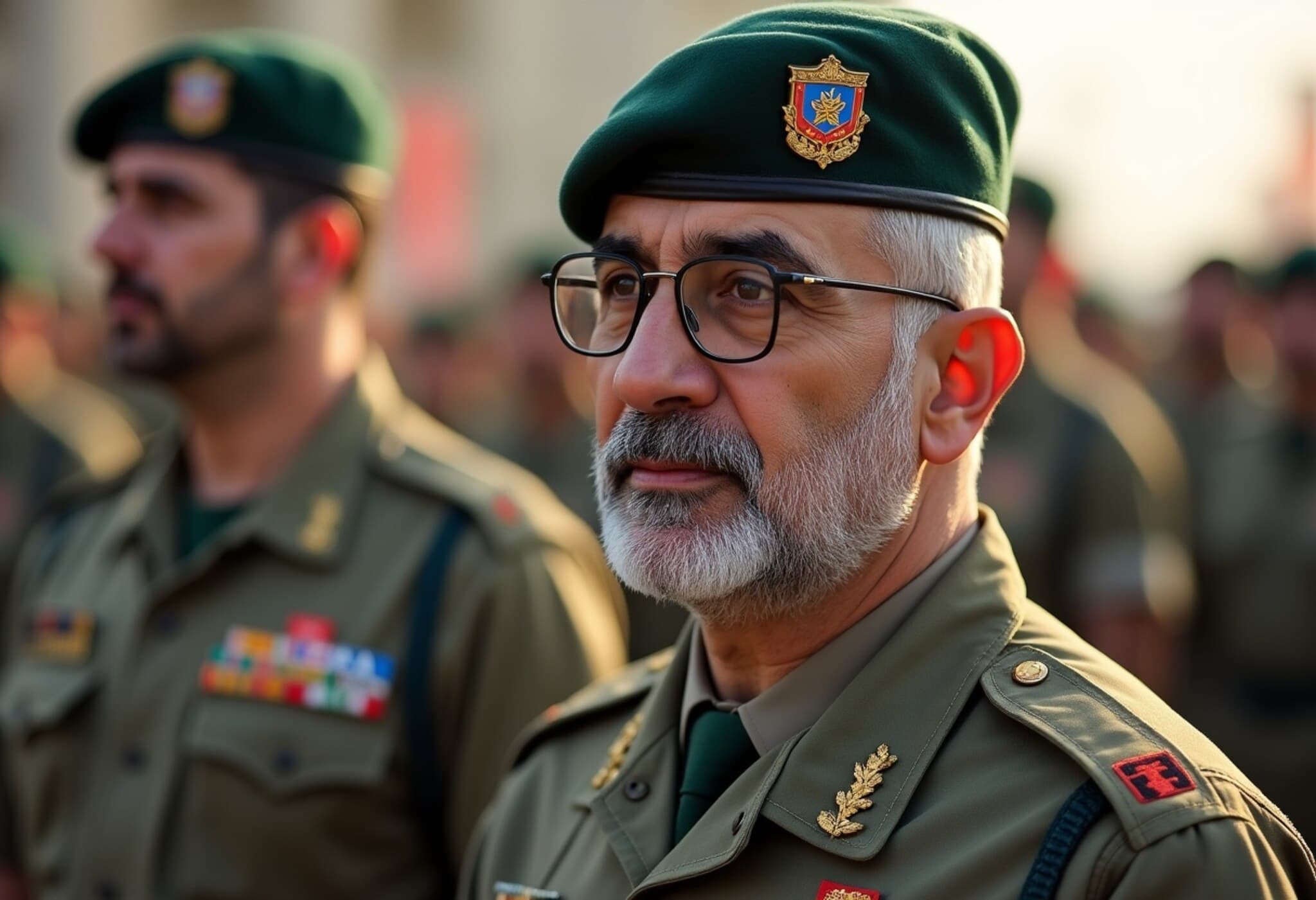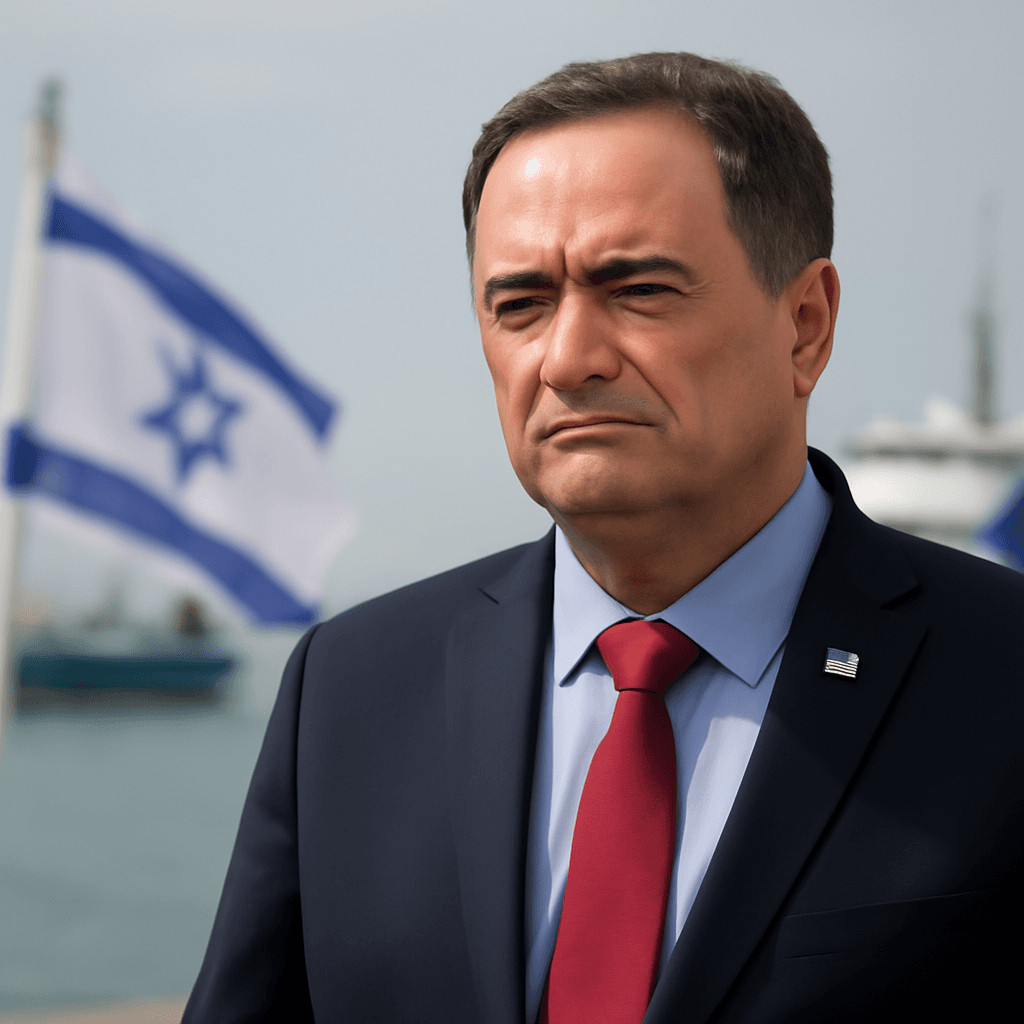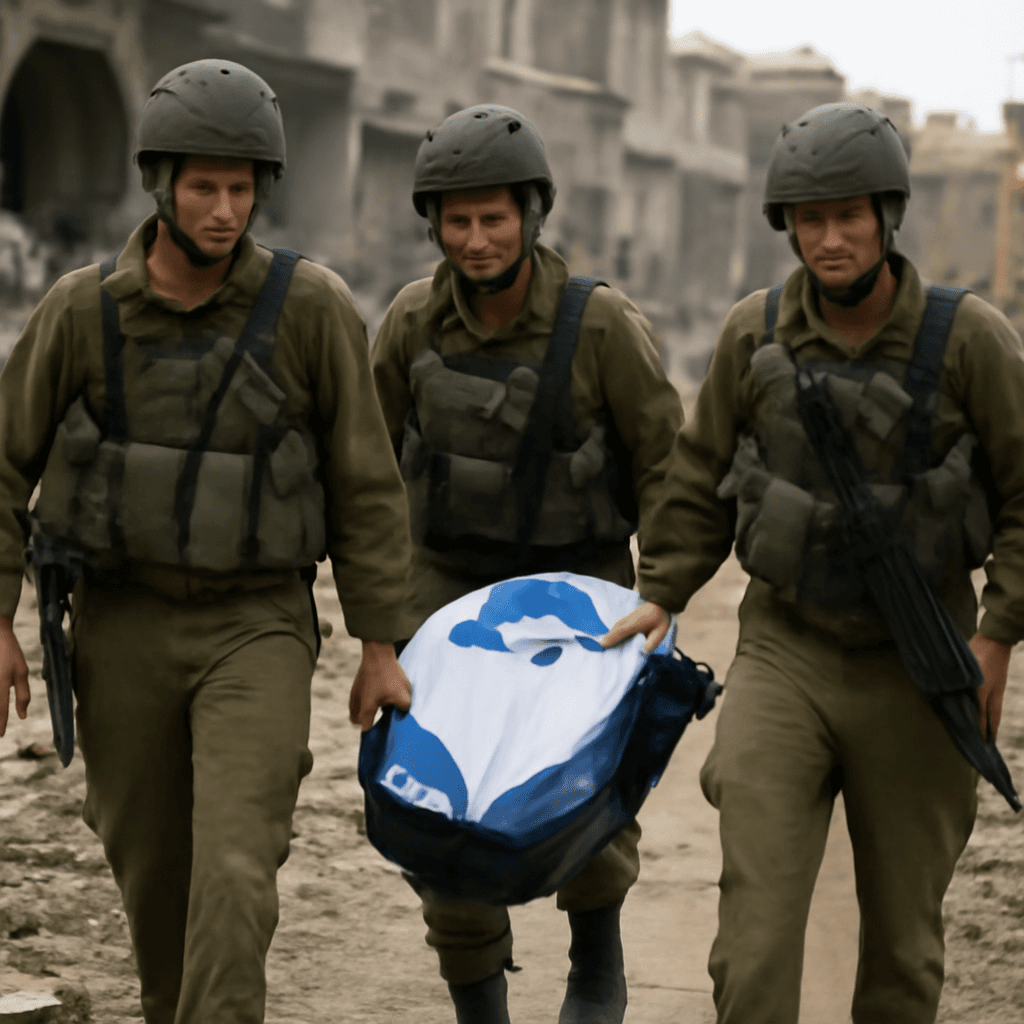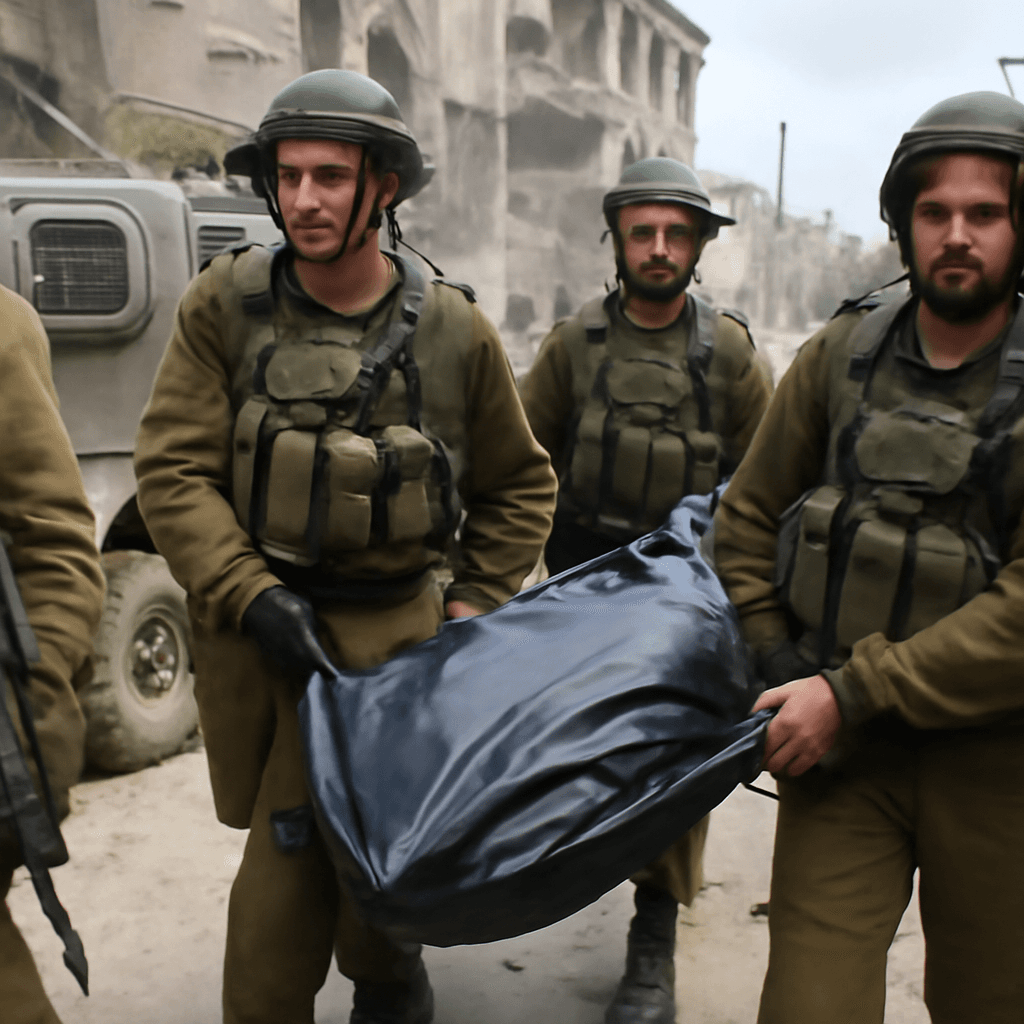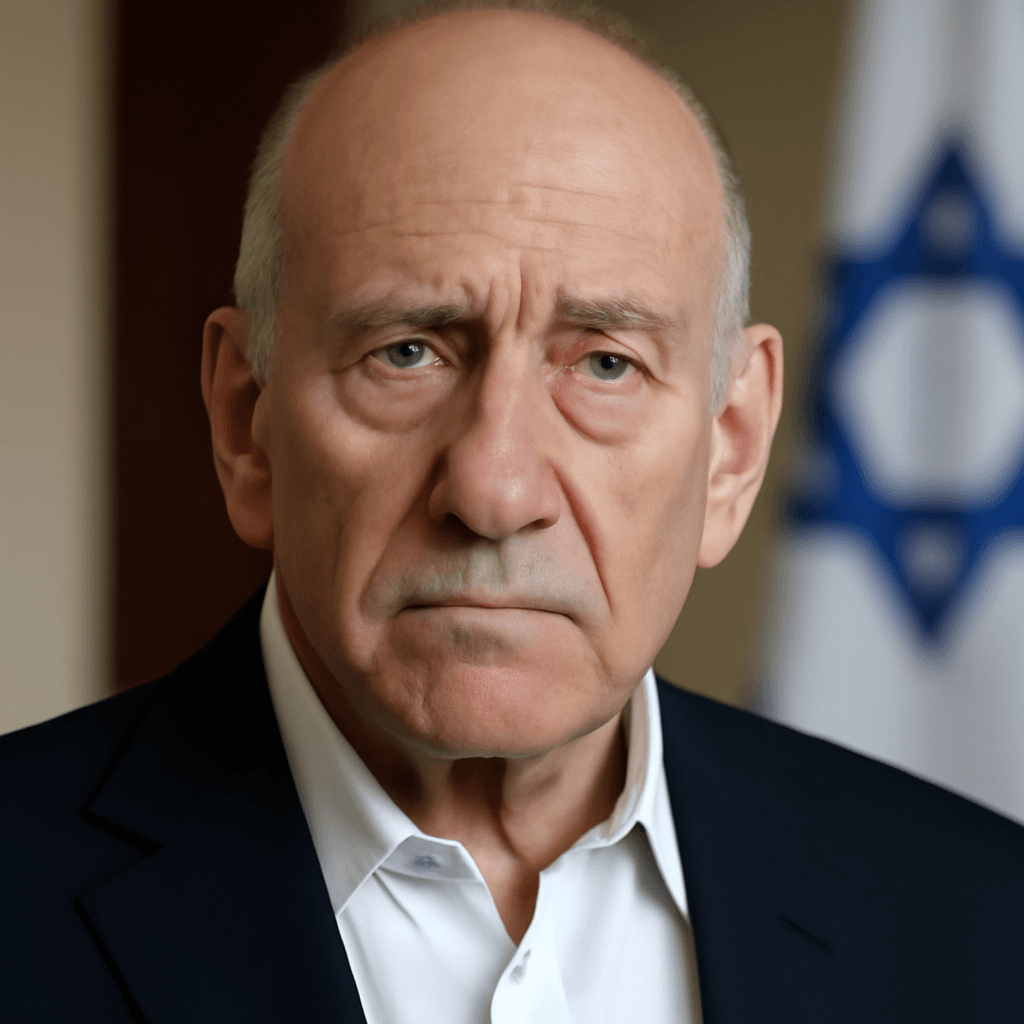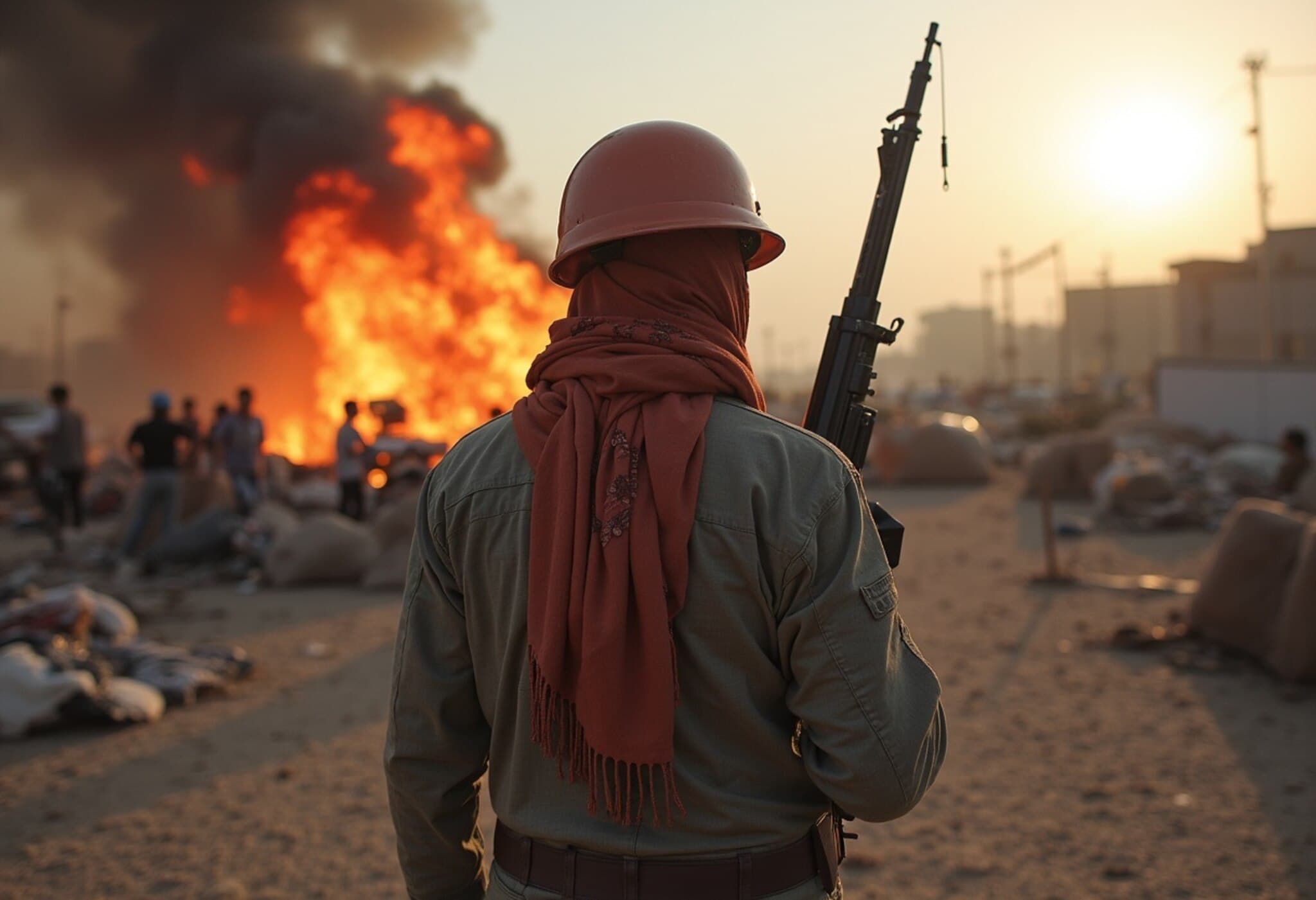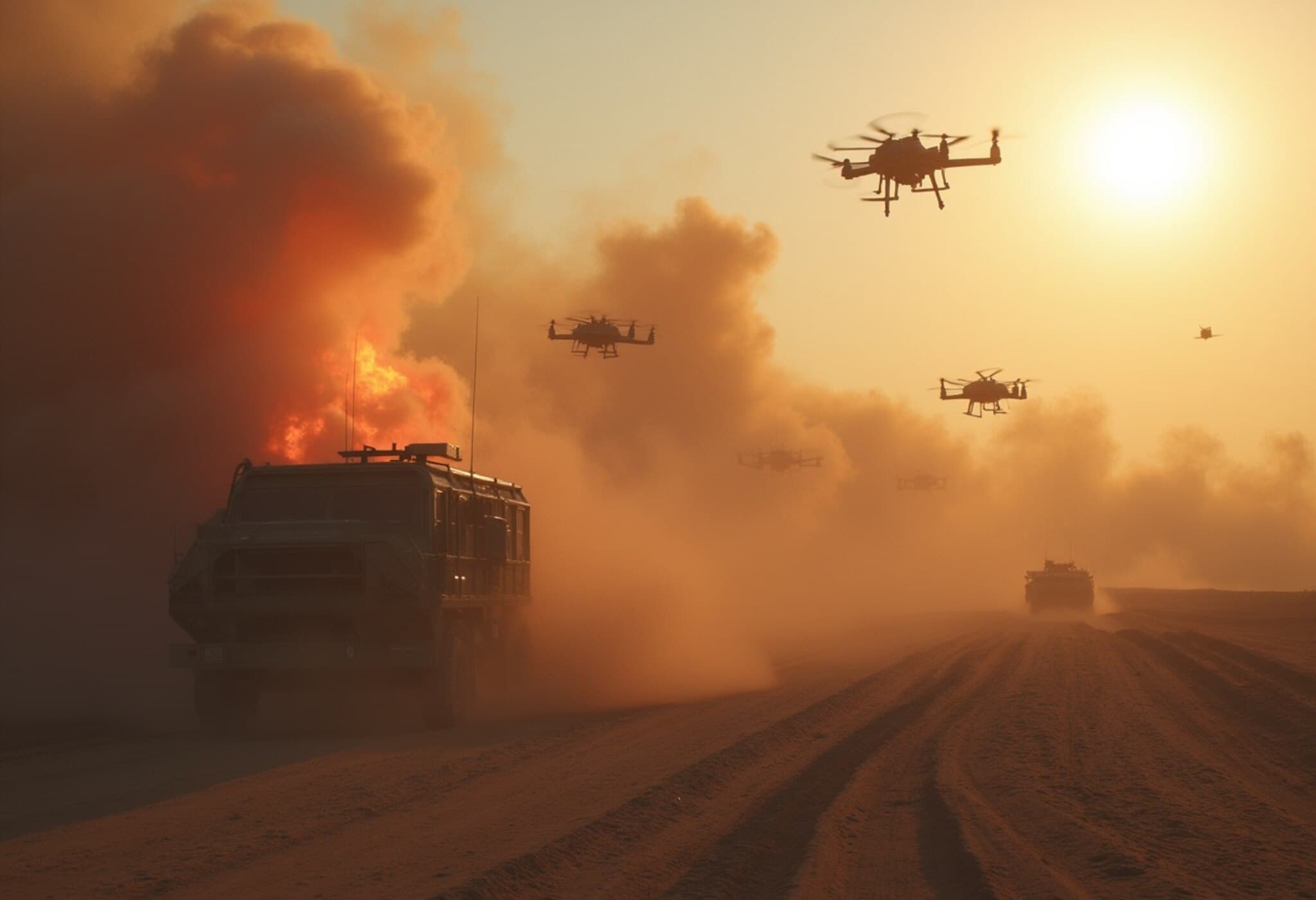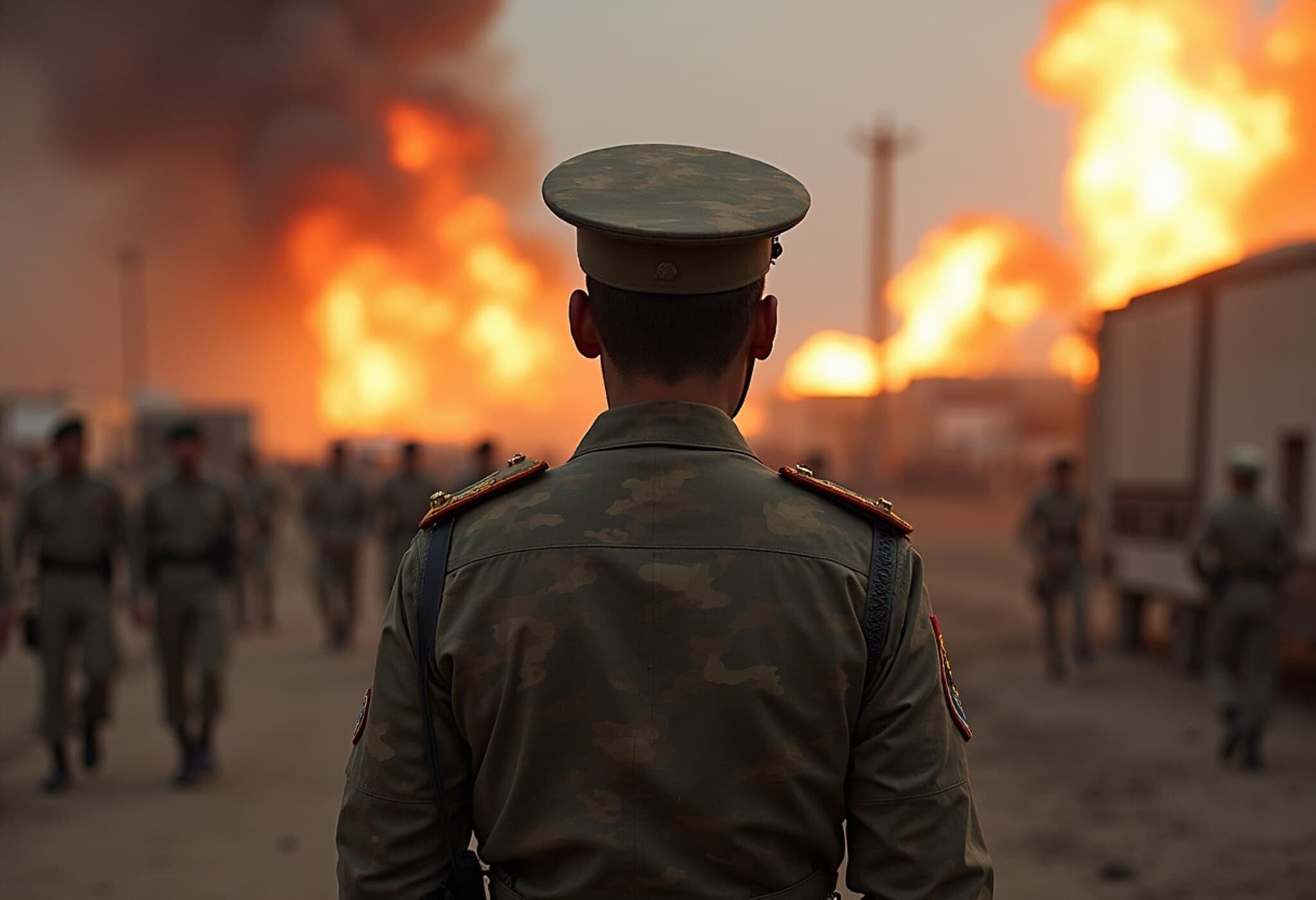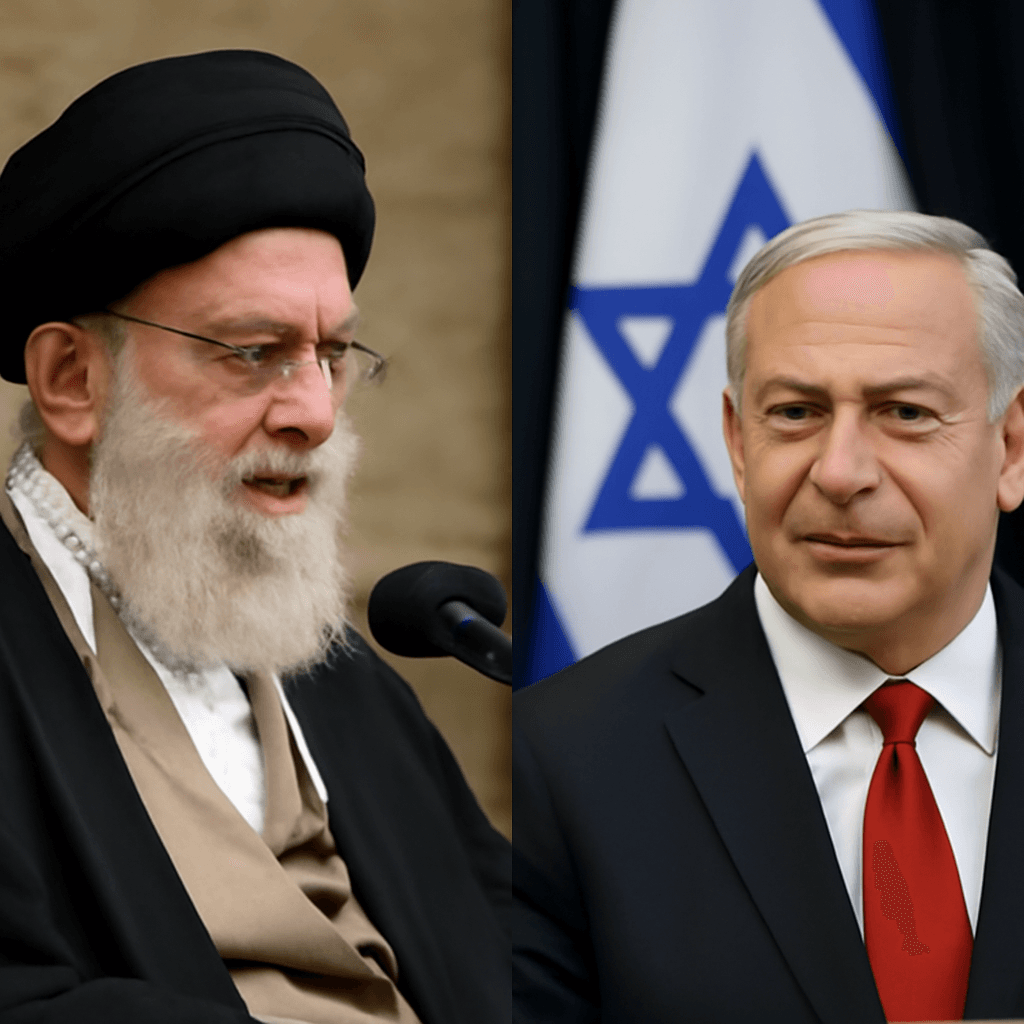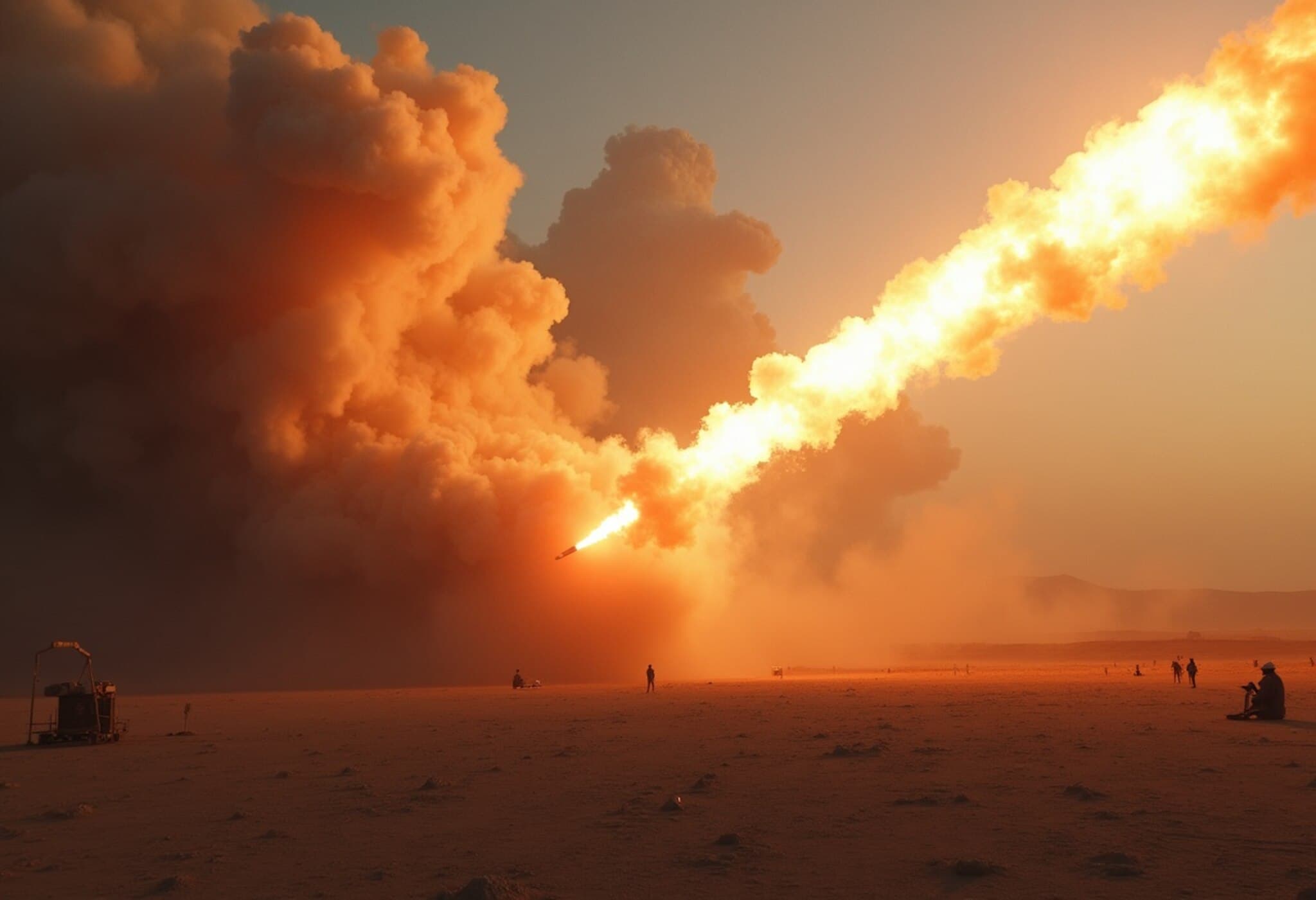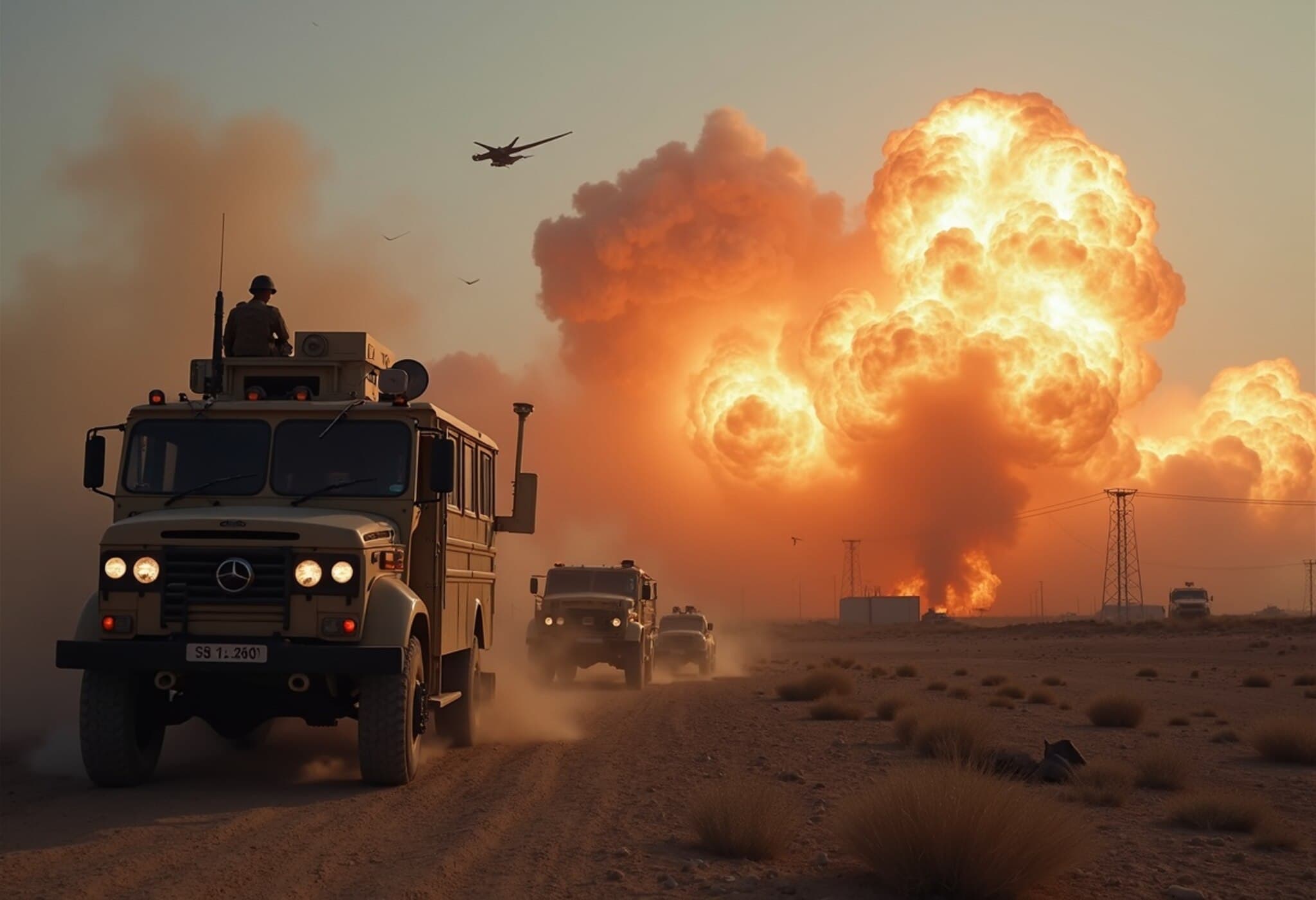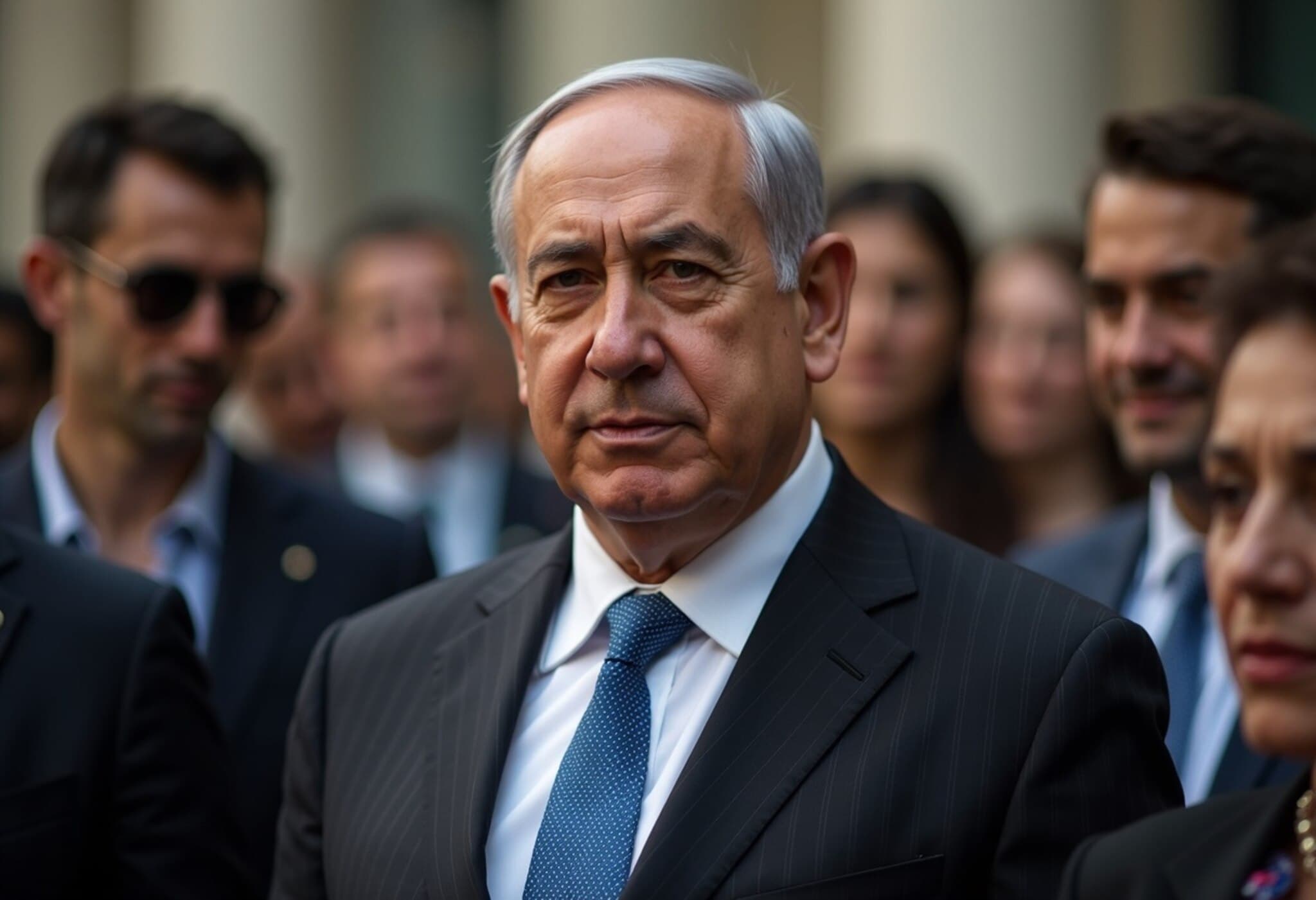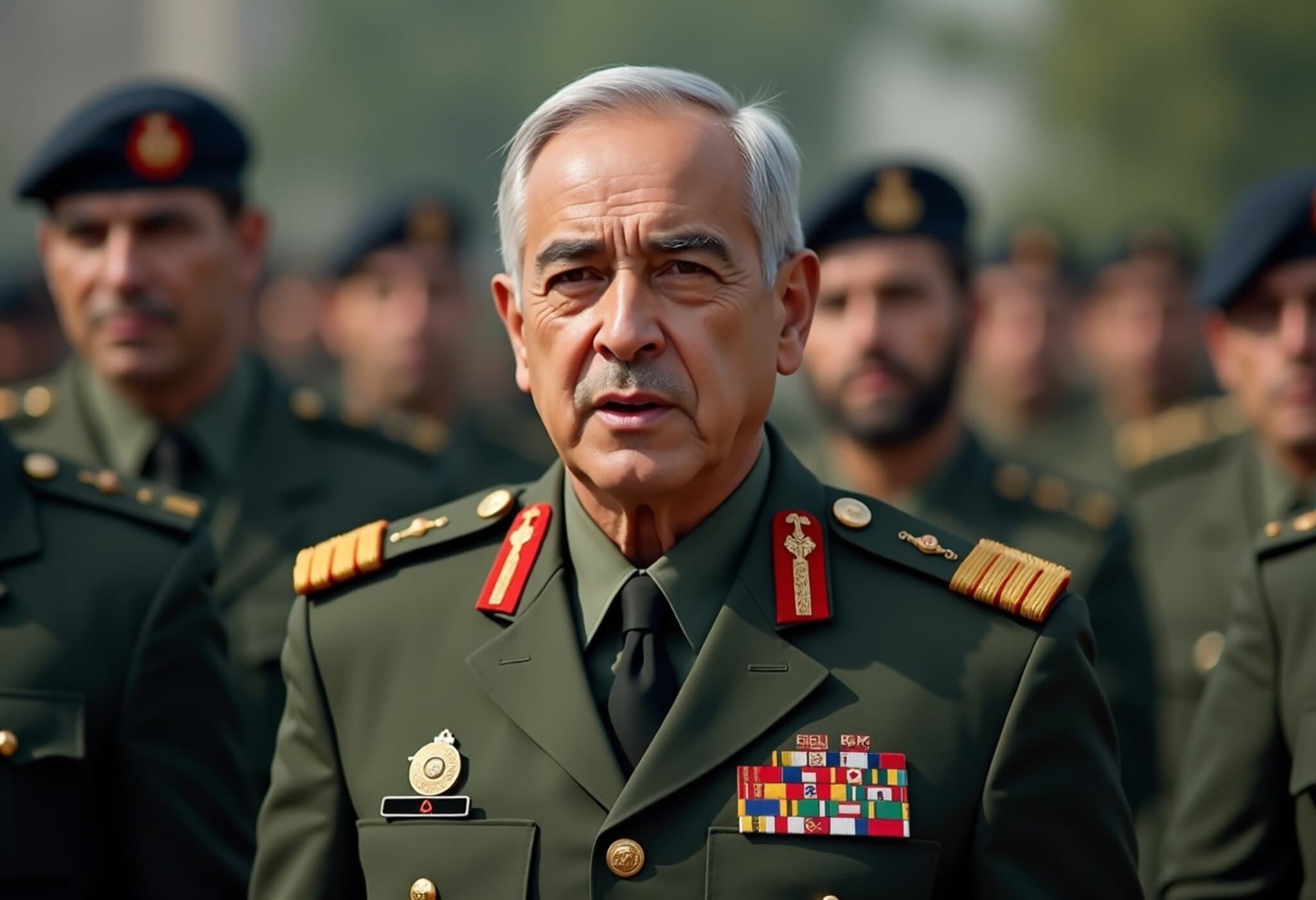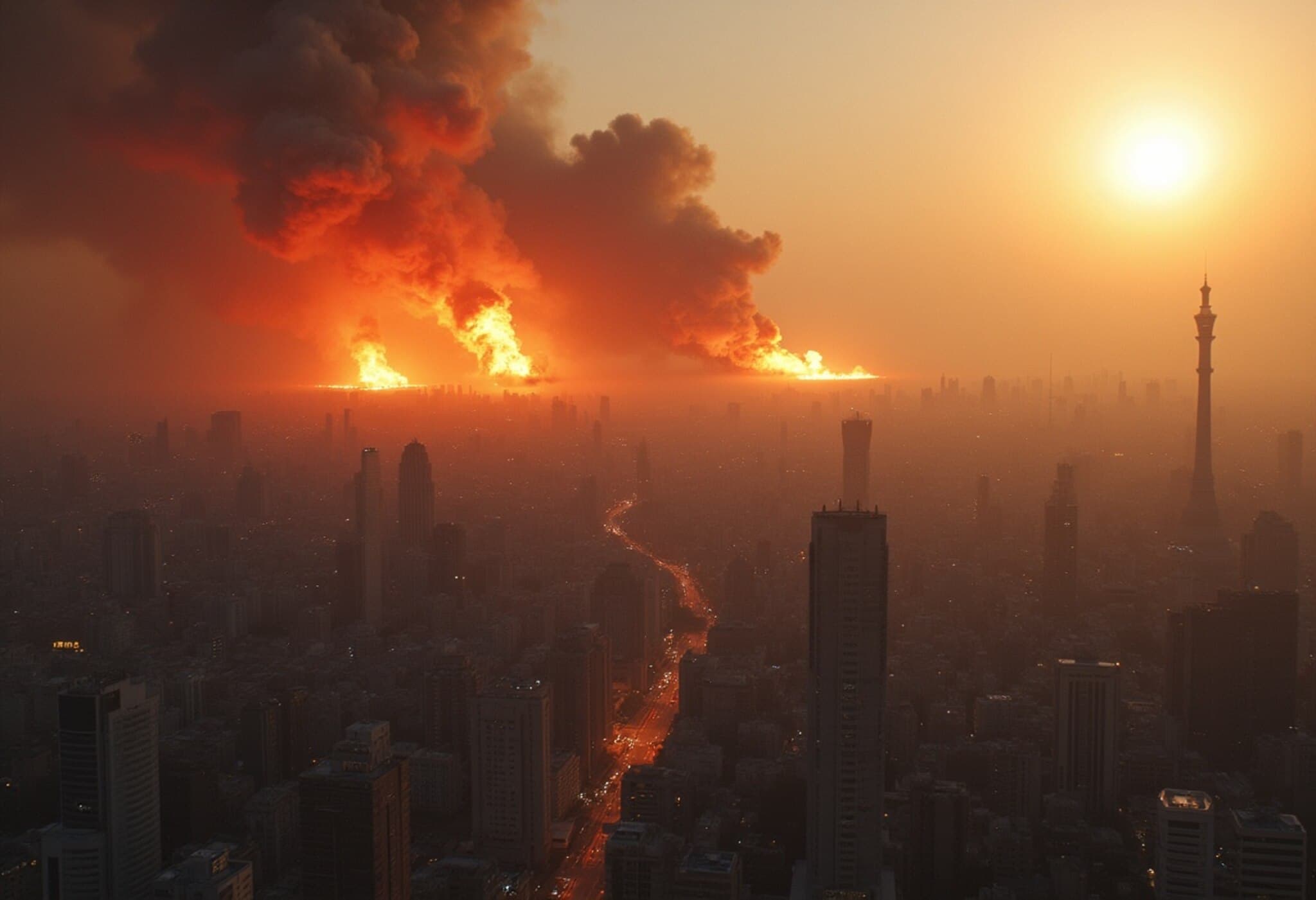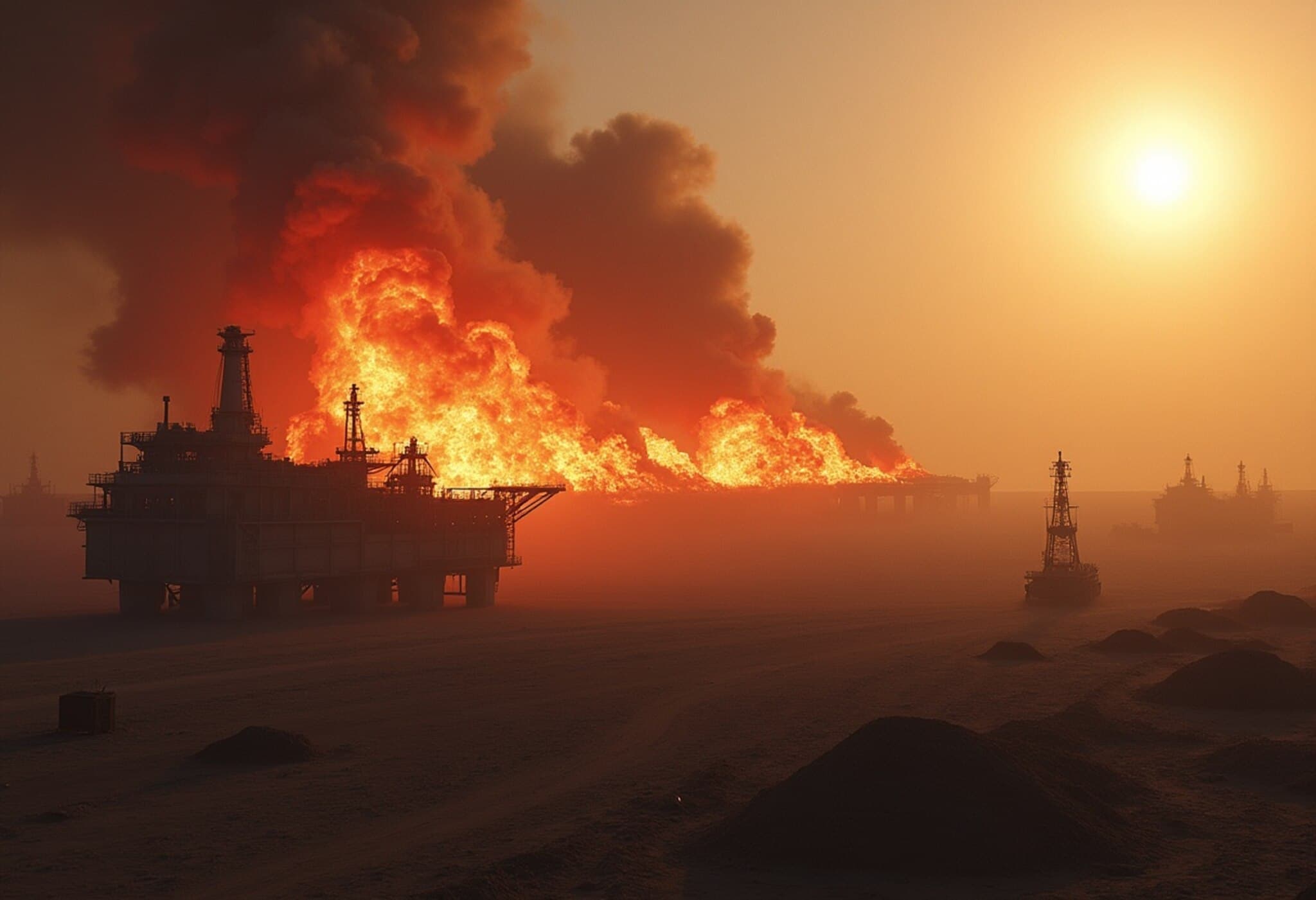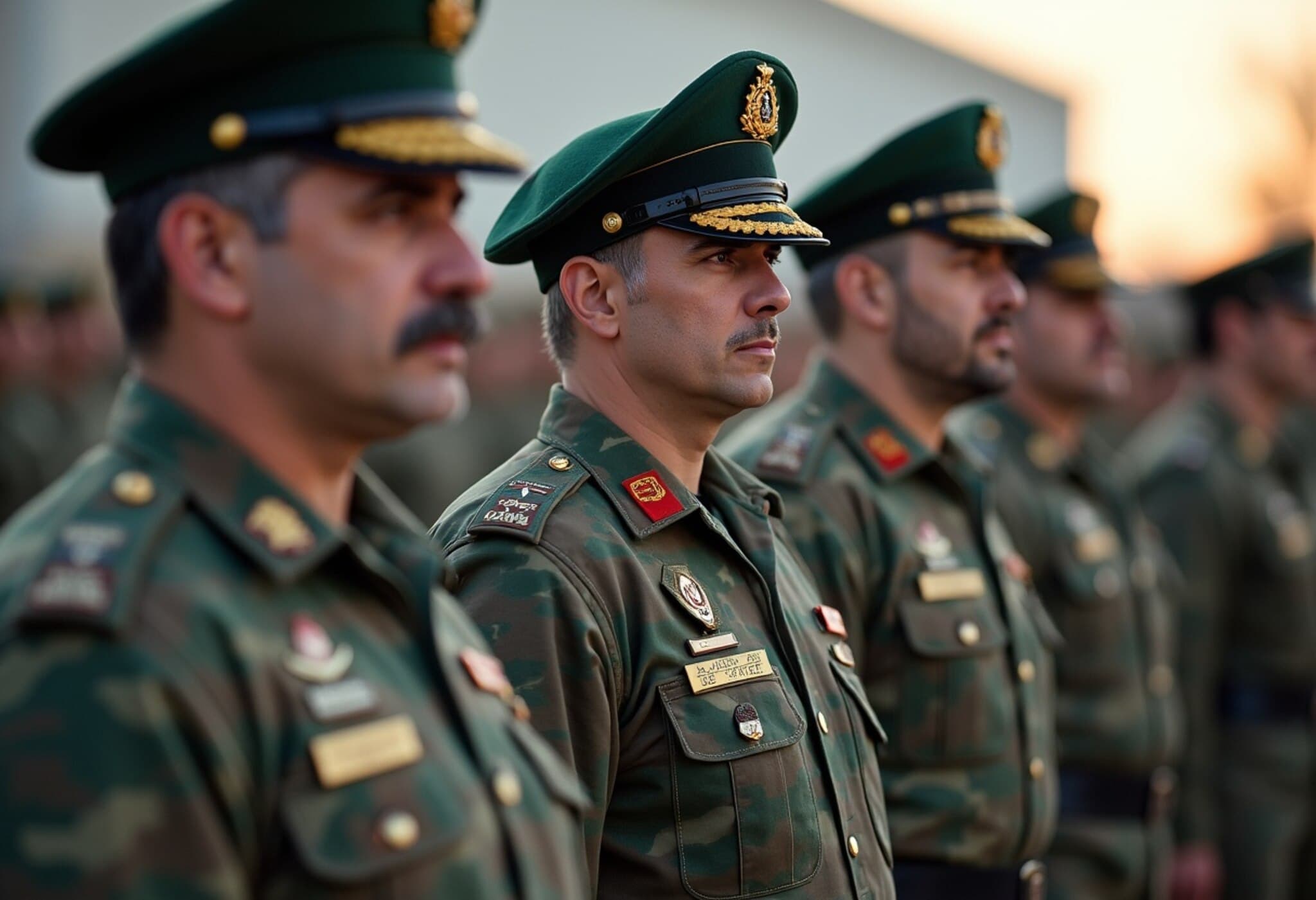Israeli Airstrike Targets Iran’s Top Military Commander
Israel has claimed responsibility for a precision airstrike that resulted in the death of General Amir Ali Hajizadeh, the commander of Iran’s Revolutionary Guard aerospace force. The operation specifically targeted an underground command center allegedly used to coordinate attacks against Israeli territory.
Details of the Strike and Key Casualties
The Israeli Defense Forces (IDF) announced that Hajizadeh was among several senior Iranian military officials killed during overnight fighter jet raids. Alongside him, the heads of Iran’s drone and air defense divisions also lost their lives. According to the IDF statement, these officers were implicated in orchestrating multiple attacks on Israel, including missile and drone strikes in April and October of 2024, as well as the 2019 drone attack against Saudi Arabia's oil infrastructure.
“Hajizadeh had openly vowed to destroy Israel on numerous occasions and played a central role in planning these operations,” the military added.
Iran Confirms Loss and Responds with Internet Restrictions
The Iranian government has confirmed the death of General Hajizadeh. In tandem with the escalating tension, Tehran’s communications ministry announced temporary restrictions on internet access across the country, citing security concerns and stating that these limitations will be lifted once normalcy returns.
Context of the Operation and Rising Tensions
This airstrike is part of a broader Israeli campaign launched early Friday, targeting Iran’s nuclear and military sites. Analysts describe these attacks as the most significant direct confrontation involving Iran since the Iran-Iraq war in the 1980s.
In retaliation, Iran launched a wave of drone attacks against Israel, raising alarms about a rapid and dangerous escalation in the region. Supreme Leader Ayatollah Ali Khamenei delivered a stern warning, vowing “severe punishment” in response to the strikes.
What This Means for the Region
With both sides taking aggressive measures, the situation remains volatile. The elimination of high-ranking military figures indicates an intensification of the conflict, potentially ushering in a new phase of confrontation that could reshape Middle Eastern geopolitics.
As events unfold, the international community closely watches for further developments and diplomatic responses amidst growing fears of wider instability.

